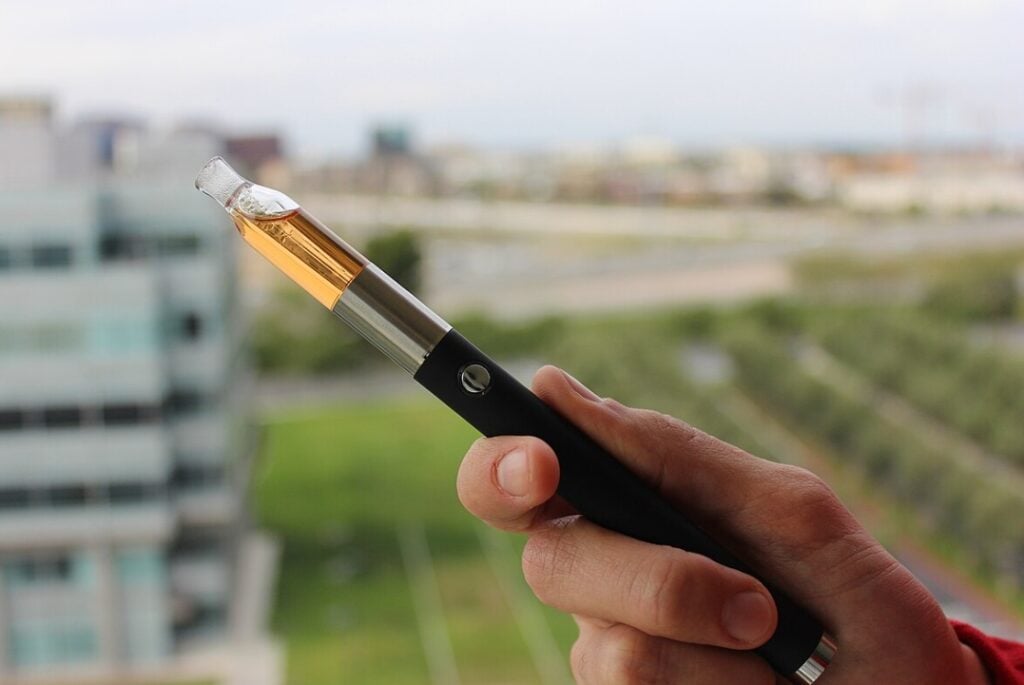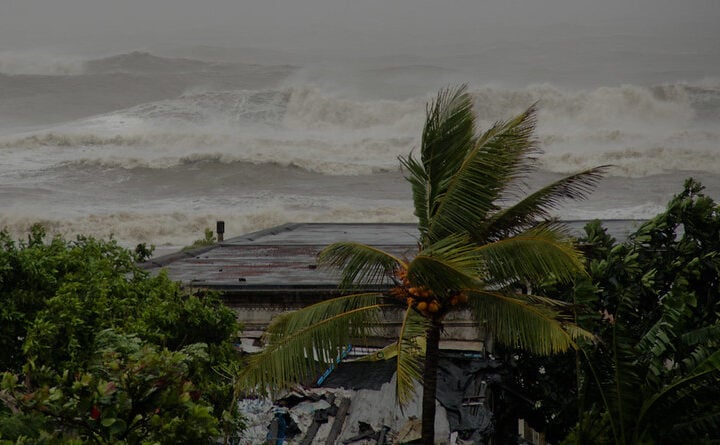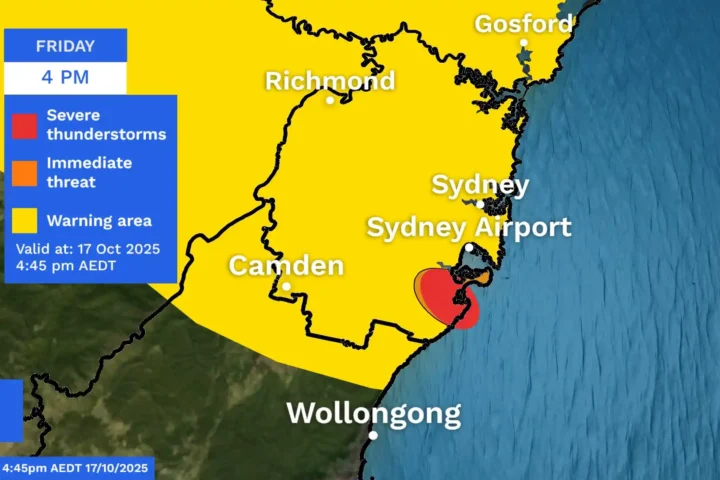Australian travelers planning trips to Bali face renewed safety concerns as the federal government’s Smartraveller website has issued an advisory urging visitors to “exercise a high degree of caution” when visiting Indonesia’s popular tourist island.
The updated warning, released on Friday, highlights several serious risks that have affected Australian tourists in recent months, including drownings, methanol poisoning, and deportations for cultural offenses.
Beach drownings have become increasingly common, with the advisory specifically mentioning “rough seas and strong rip currents at popular tourist beaches including in Bali.” The warning notes that “many beaches are unpatrolled,” increasing the risk for swimmers unfamiliar with local conditions.
Methanol poisoning continues to pose a significant threat to tourists. “Cases of methanol poisoning in drinks have previously been reported in Indonesia, including in Bali and Lombok,” the Smartraveller update states. Travelers are advised to “be alert to the potential risks around drink spiking and methanol poisoning through consuming alcoholic drinks” and to “never leave food or drinks unattended.”
This warning comes days after the reported “suspicious” death of a 23-year-old while holidaying in Bali, and follows last year’s tragic deaths of two teenagers from methanol poisoning in neighboring Laos.
Similar Posts
Cultural respect has also become a focal point of the advisory. “Offensive behavior that fails to respect local culture, religion, places of worship, and traditional ceremonies can lead to criminal penalties and/or deportation,” Smartraveller warns. Indonesian authorities have reportedly increased deportations of tourists who disregard local customs and laws.
The Bali Provincial Government has established a list of “Do’s and Don’ts” that travelers are strongly encouraged to read before visiting. These guidelines are part of Bali’s effort to promote more responsible tourism on the island.
Even passport condition has come under scrutiny, with the advisory noting that “Indonesian authorities have strict standards for damaged passports, and travelers have been refused entry into Indonesia with a damaged passport.” Even minor issues such as “water damage, minor tears or rips to the pages can be considered damaged.”

Despite these warnings, Bali remains extremely popular with Australian tourists. According to the Bali Central Bureau of Statistics, approximately 1.5 million Australians visited Bali in 2024, making them one of the largest groups of foreign visitors to the island.
For travelers still planning to visit Bali, the key advice is to stay informed, respect local customs, swim only at patrolled beaches, and be vigilant about food and drink safety to ensure their holiday remains enjoyable and incident-free.

















